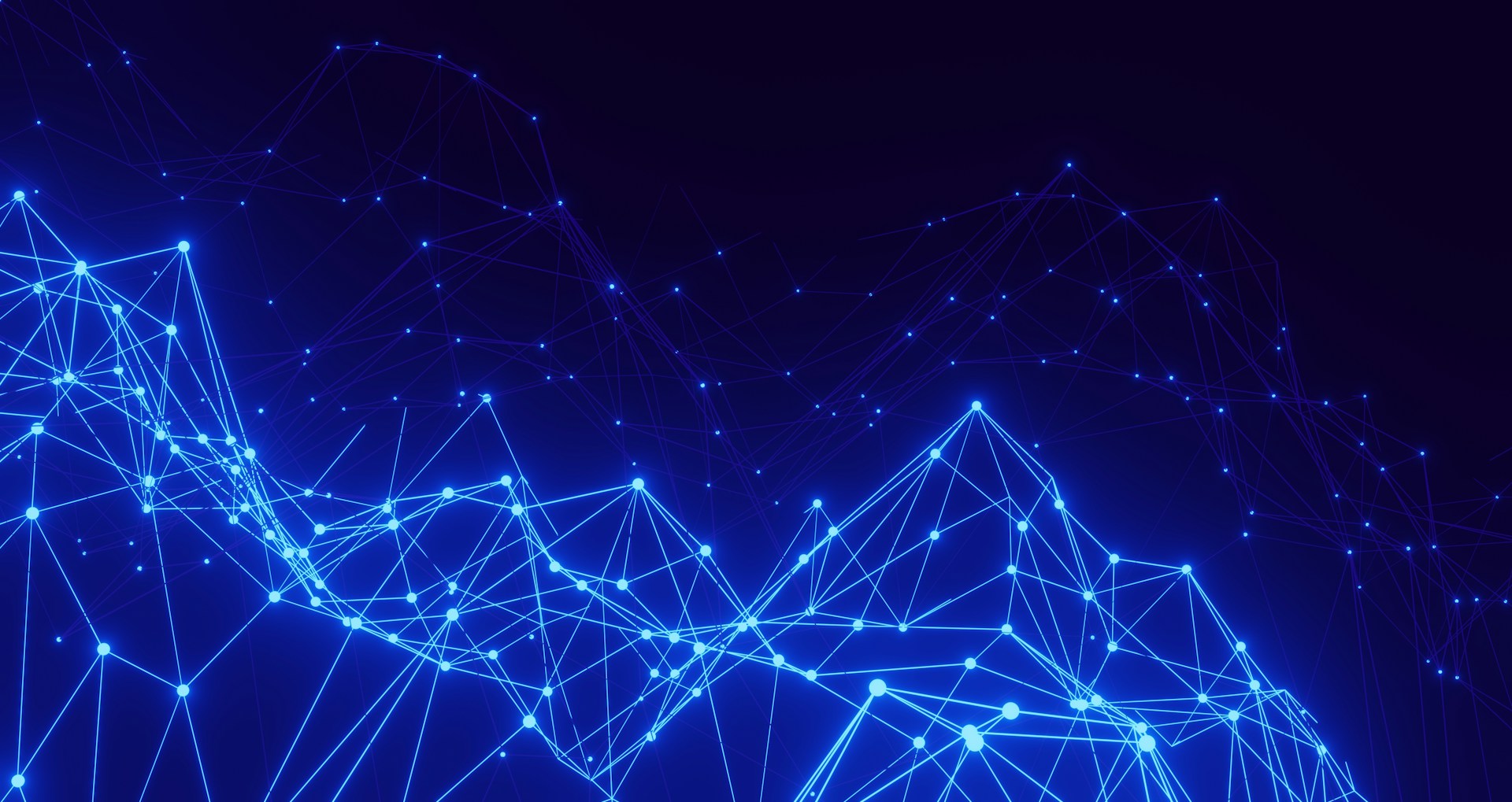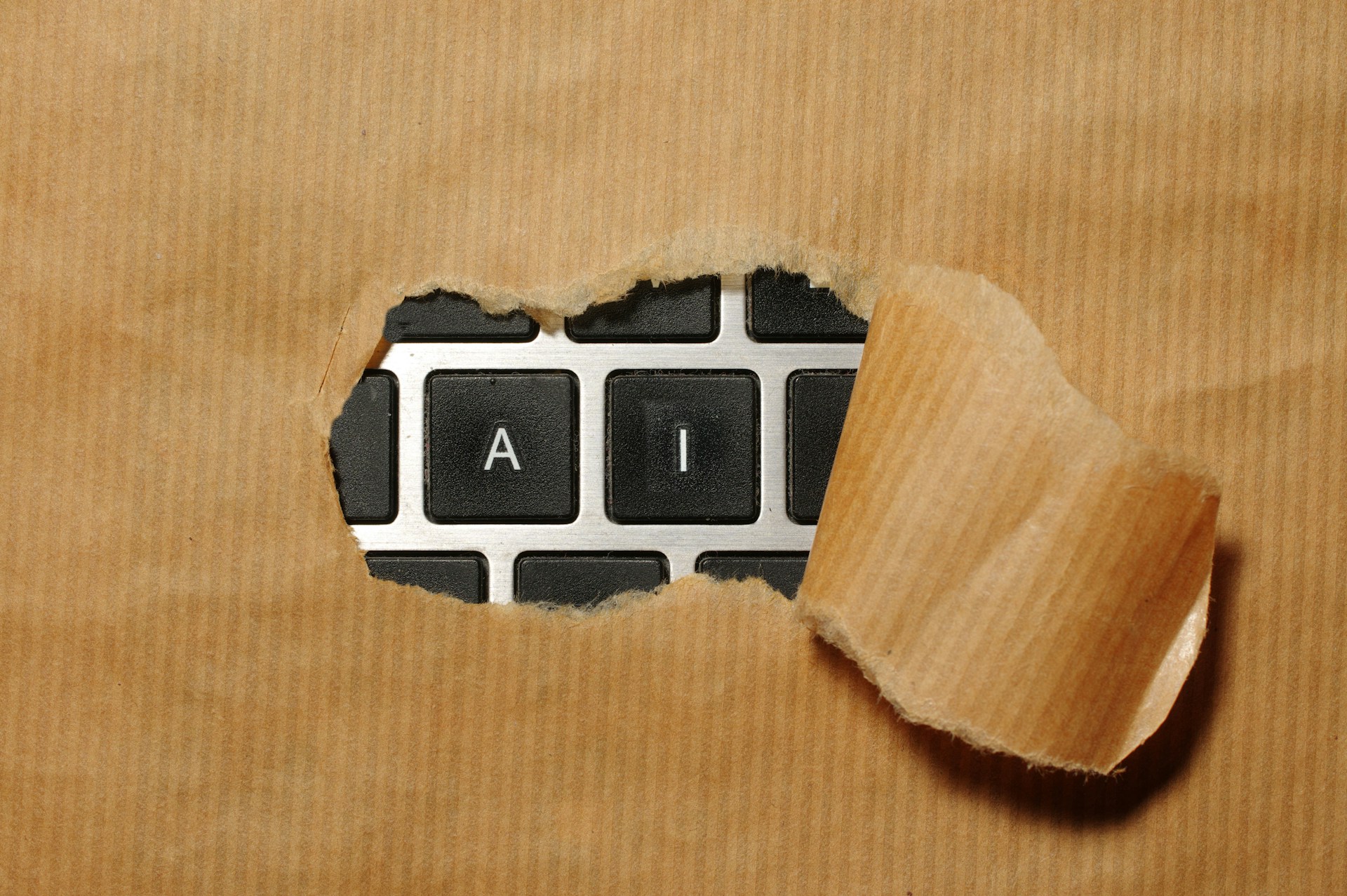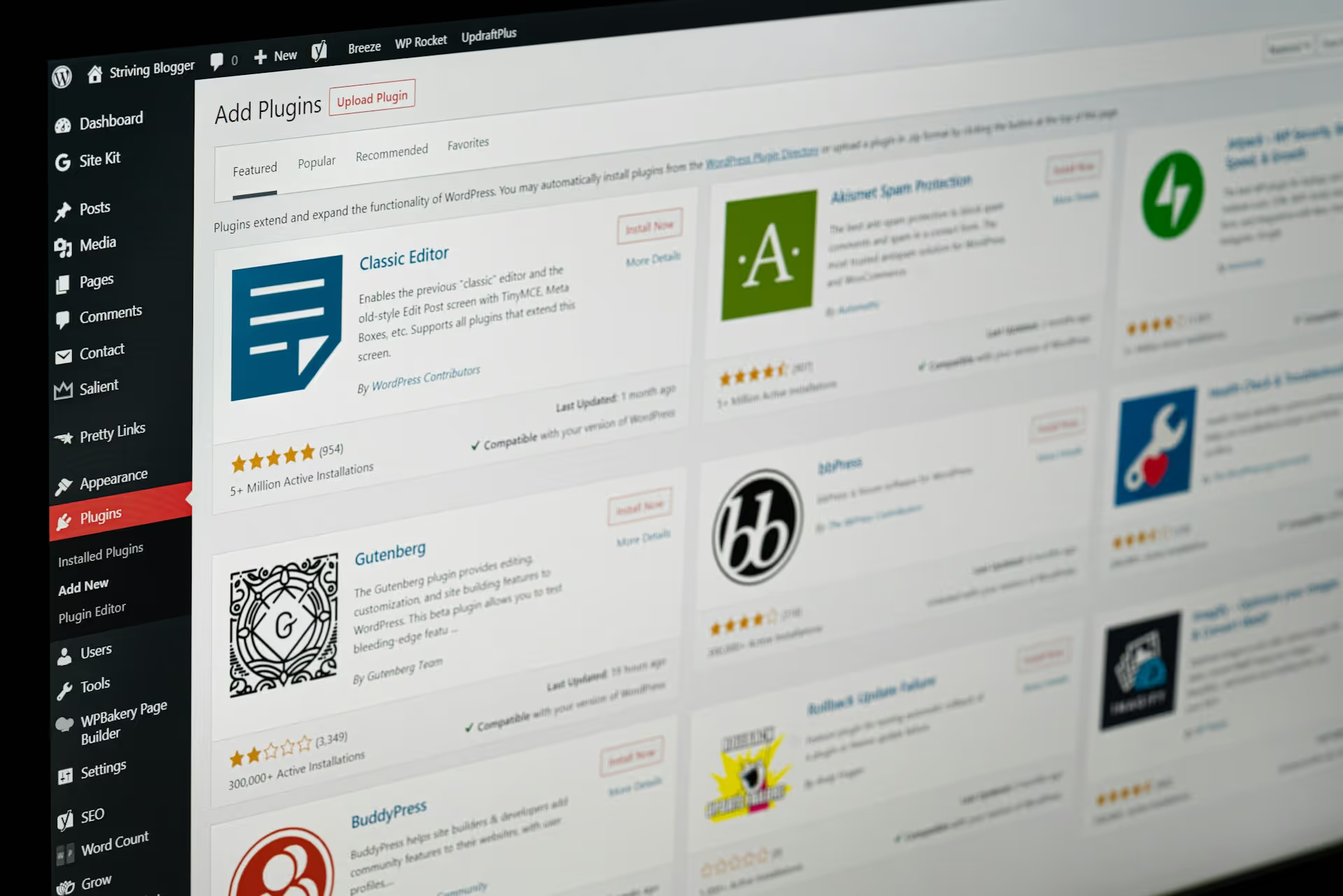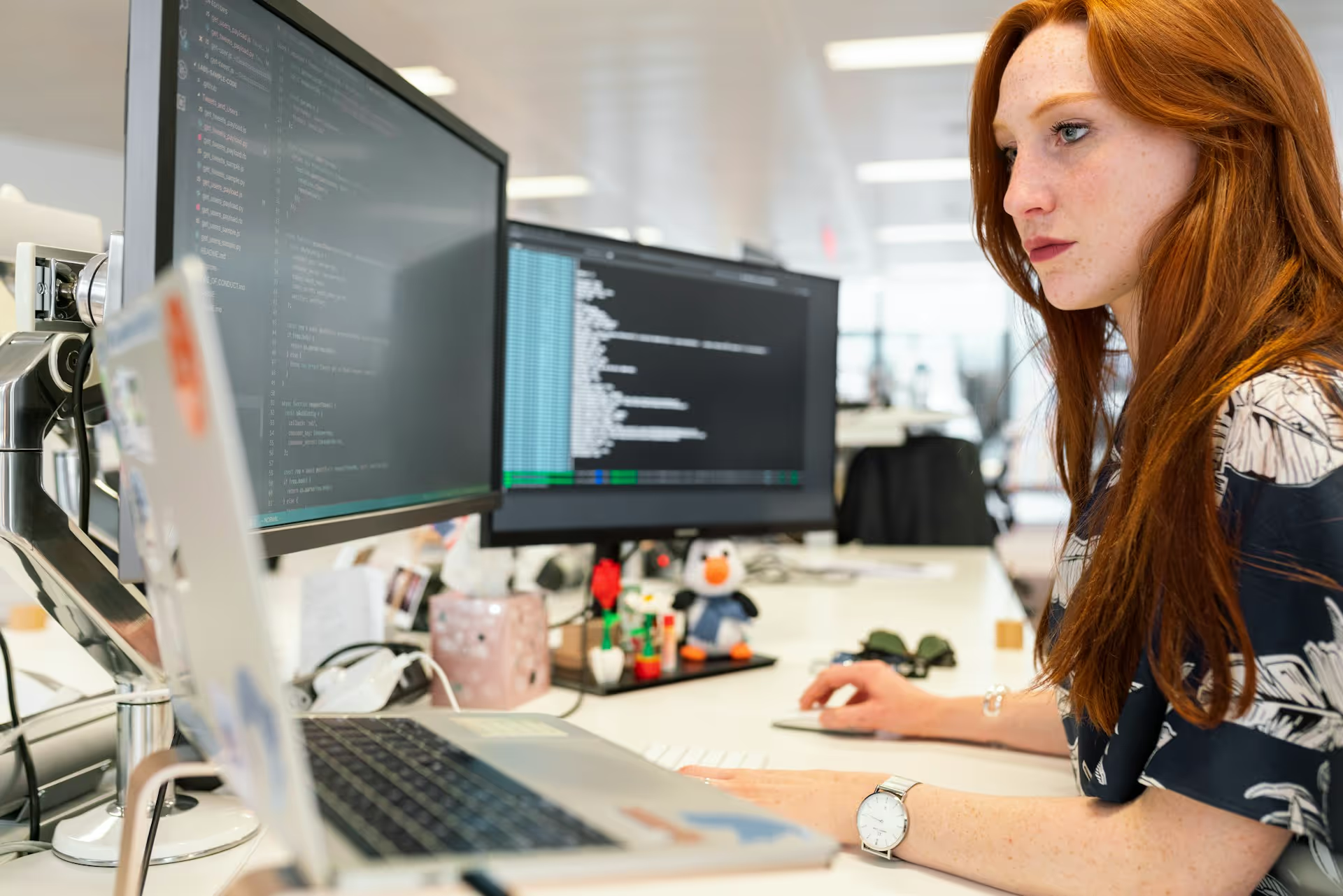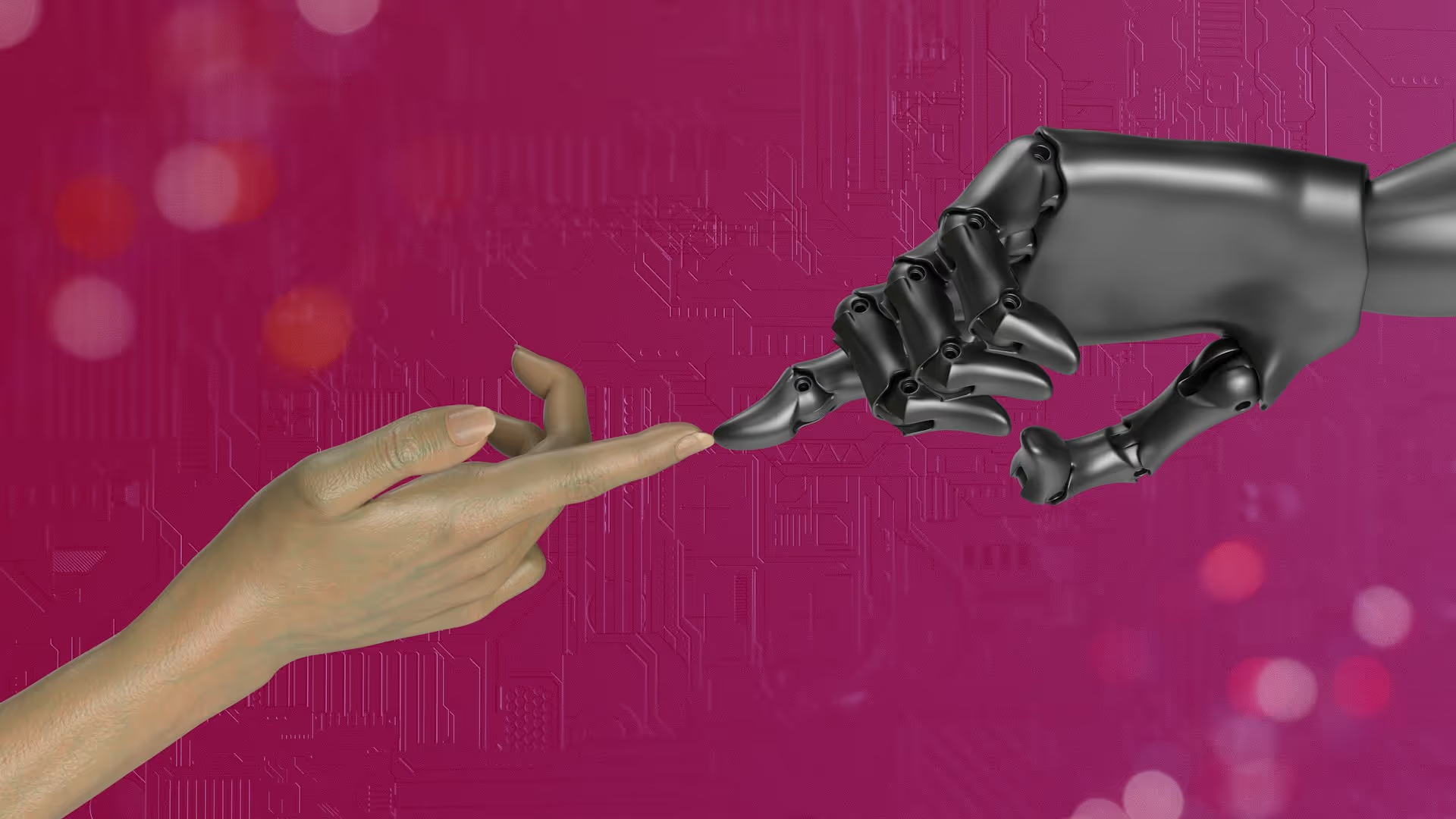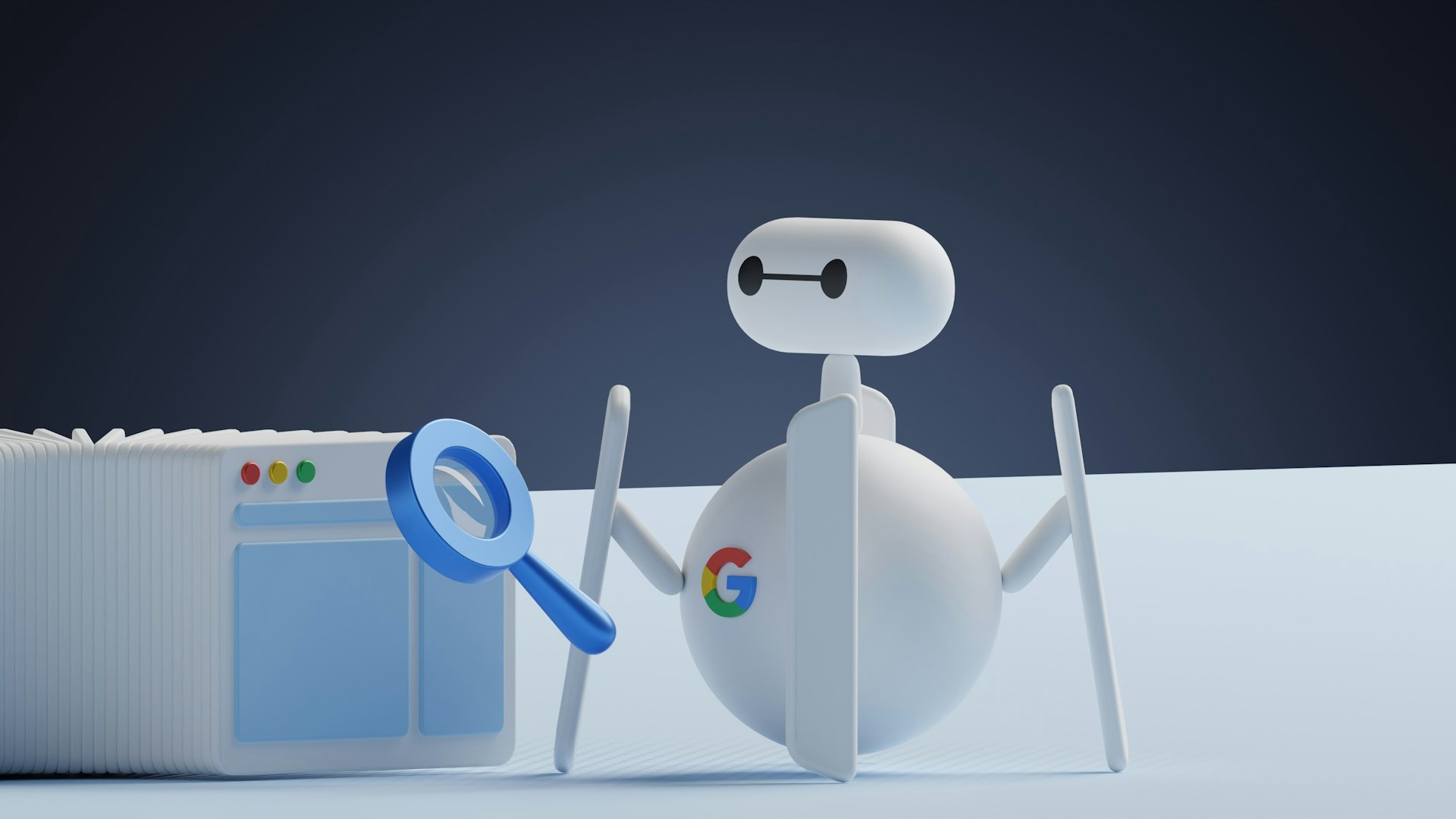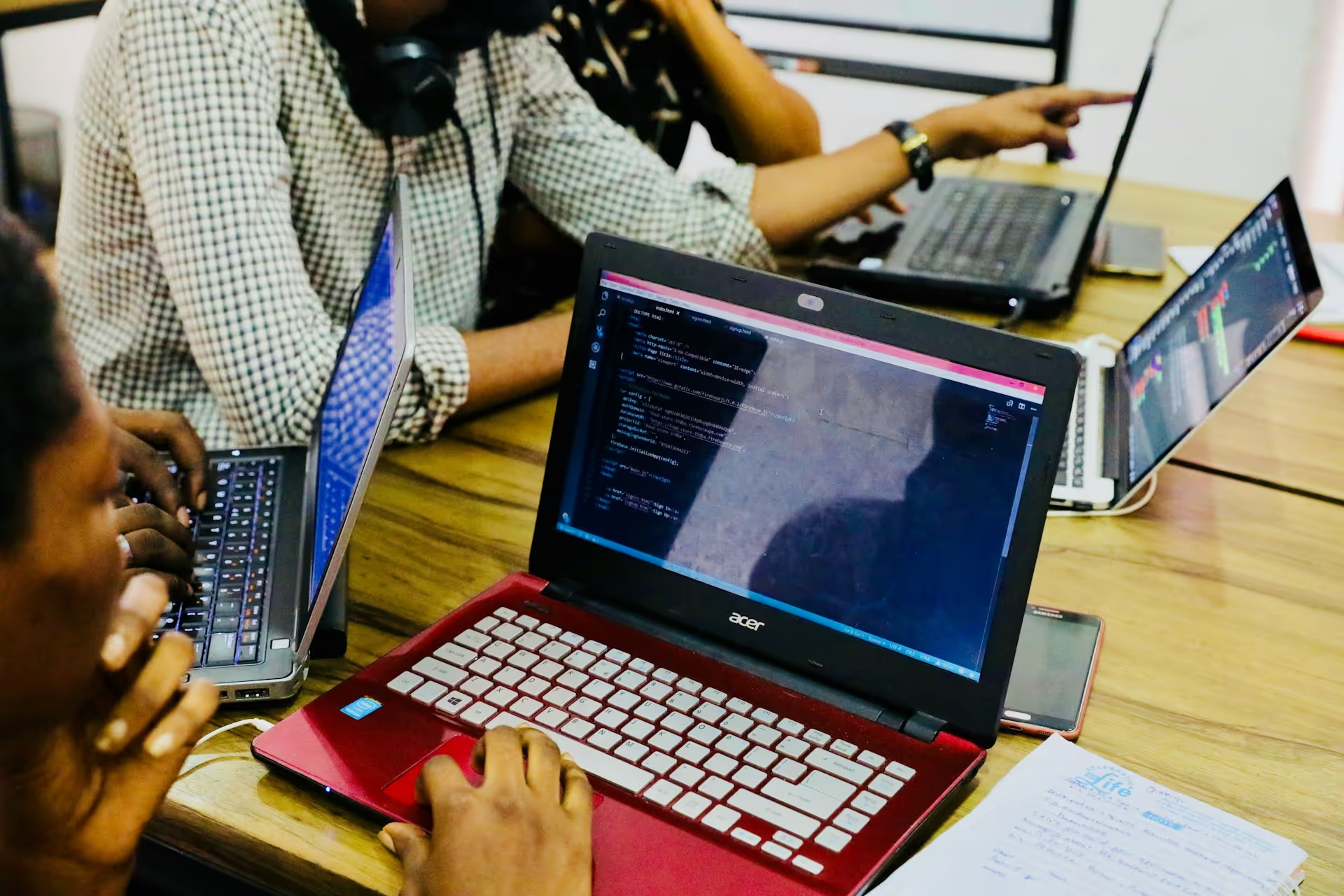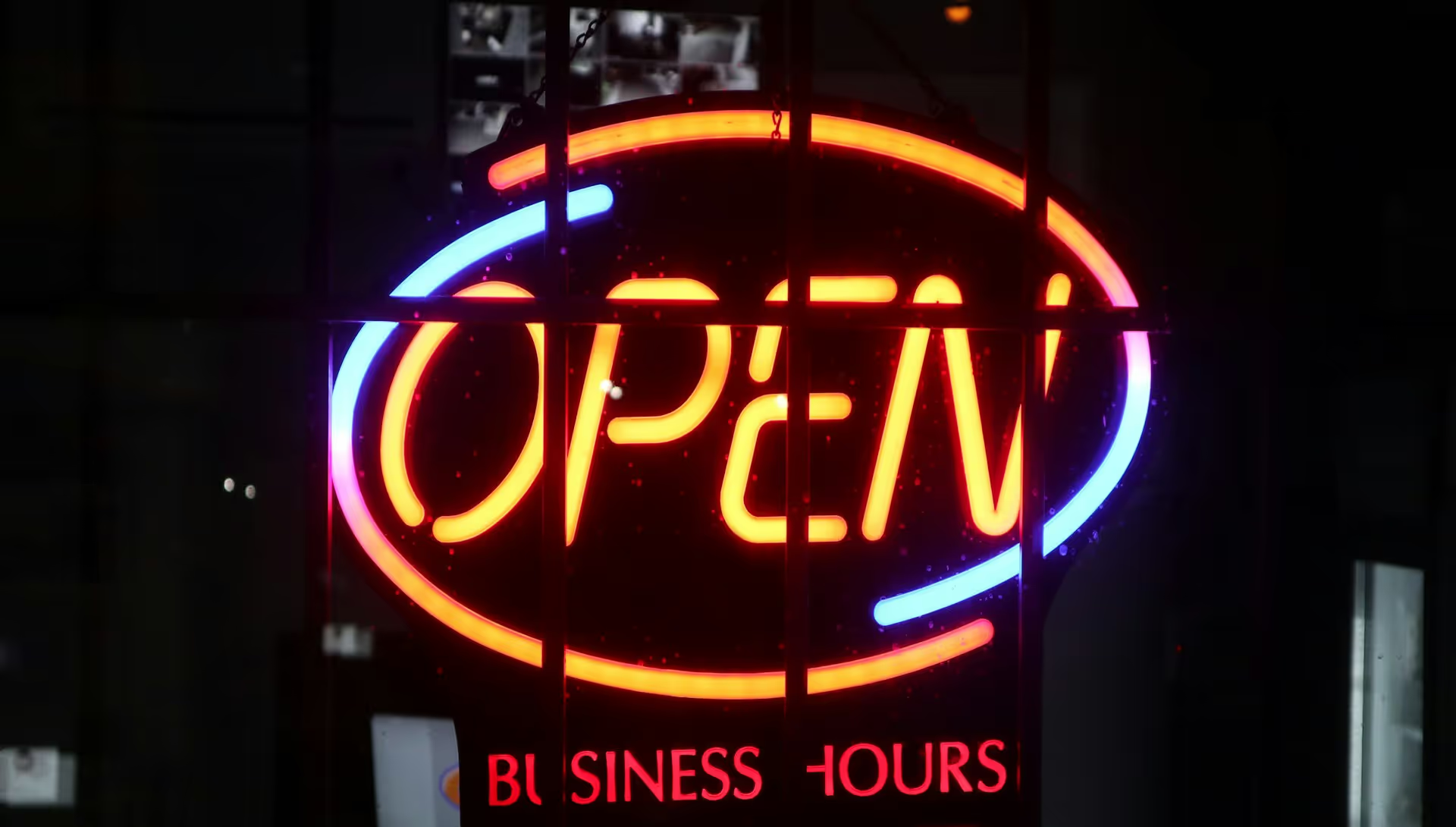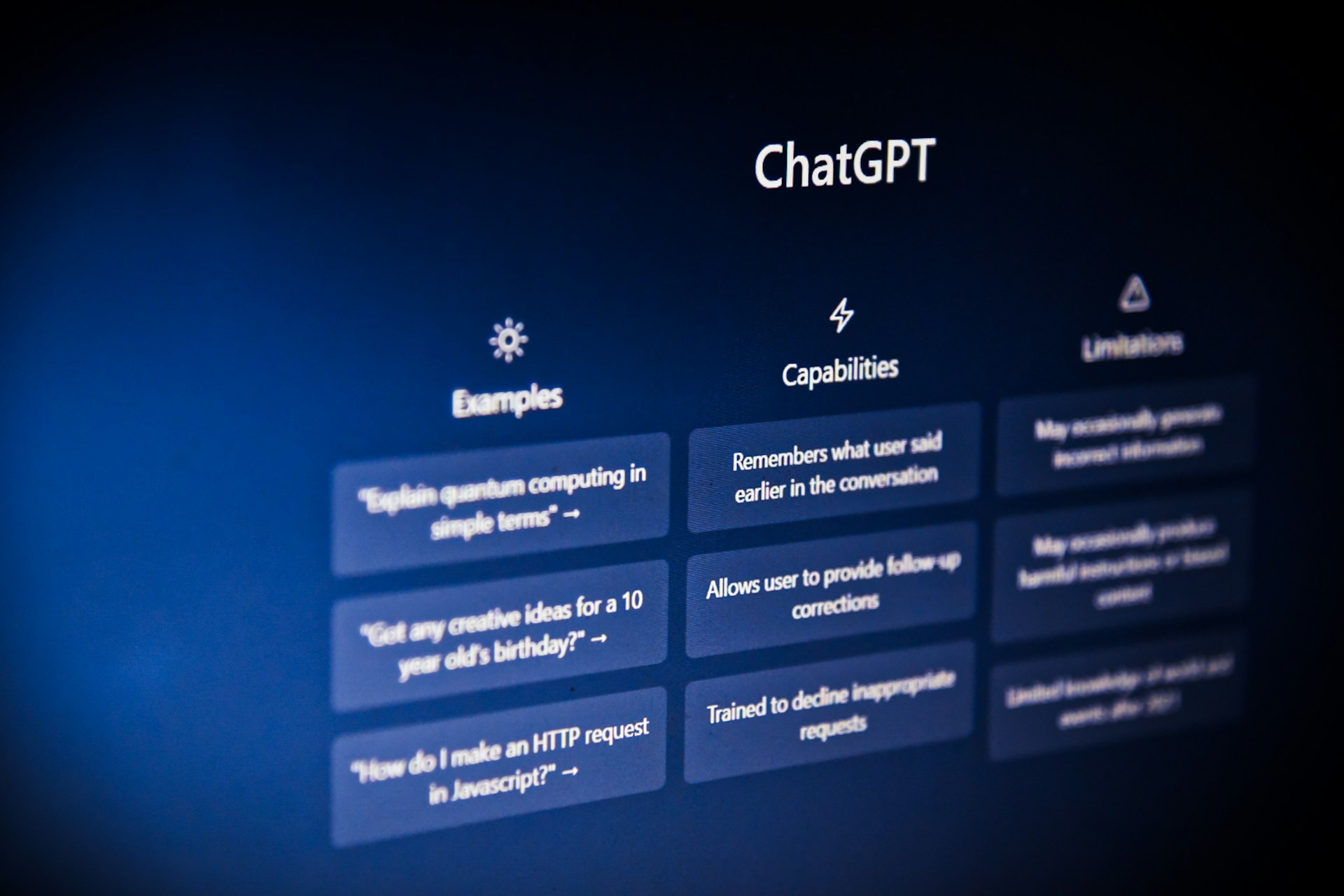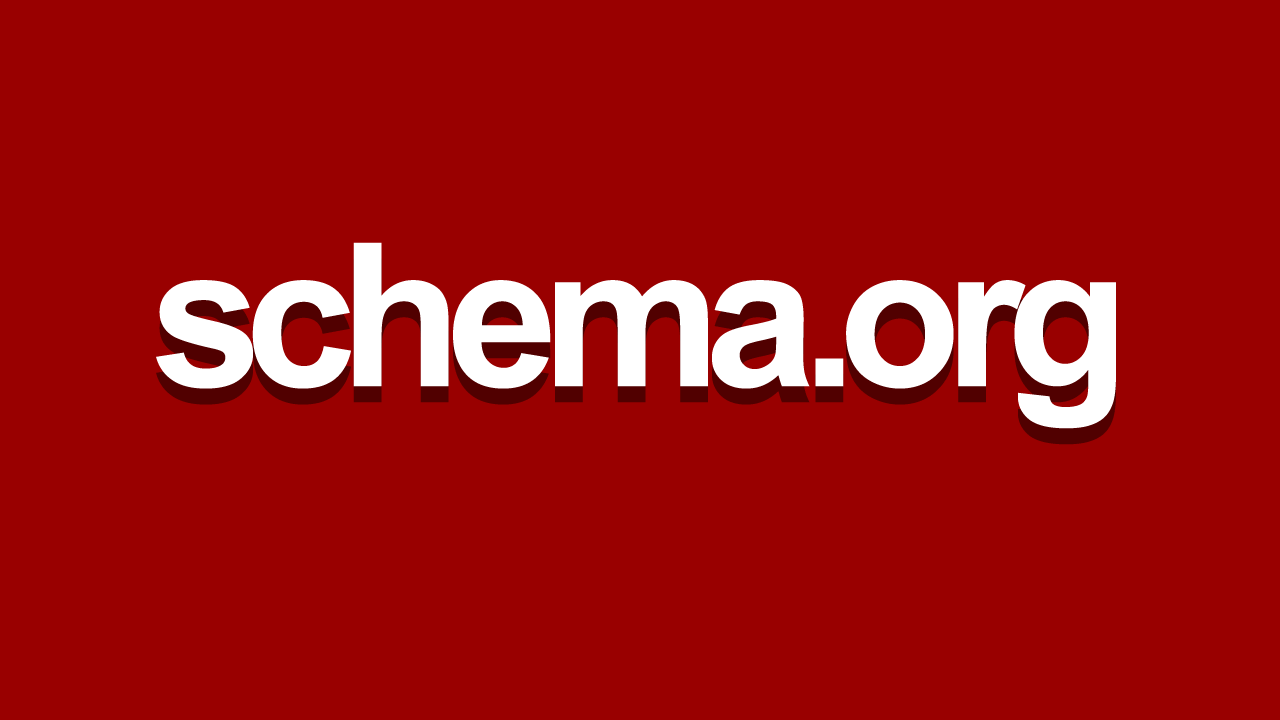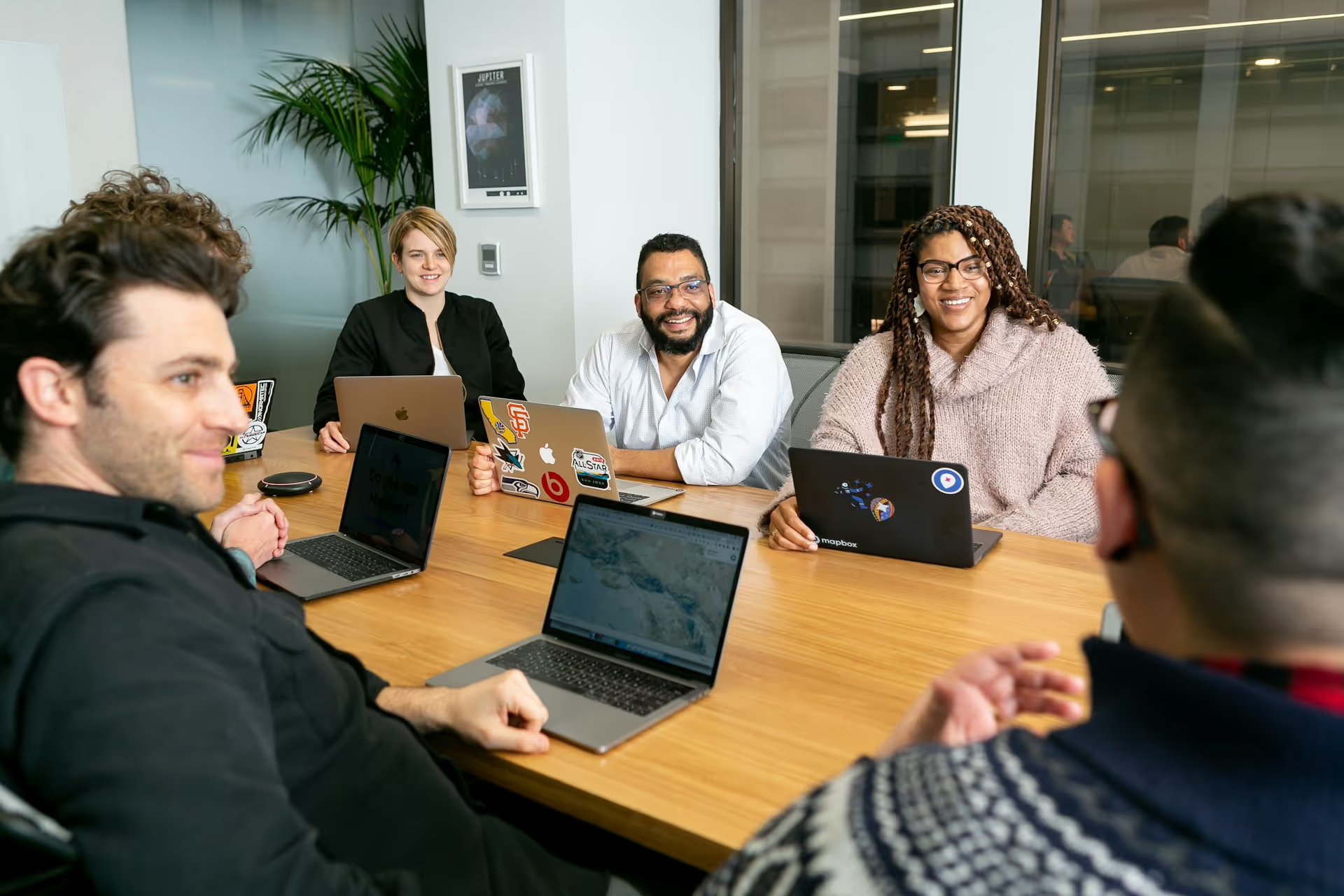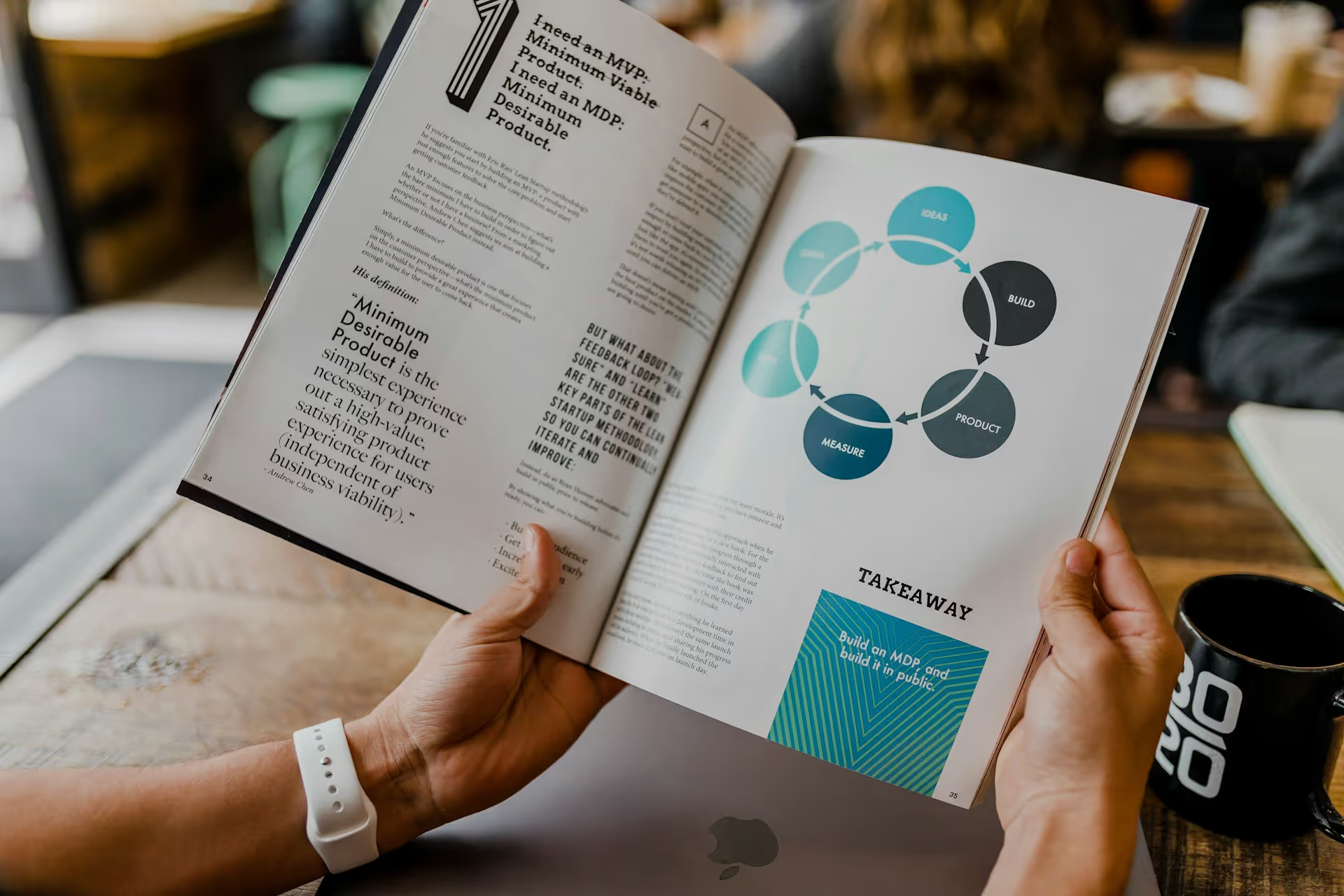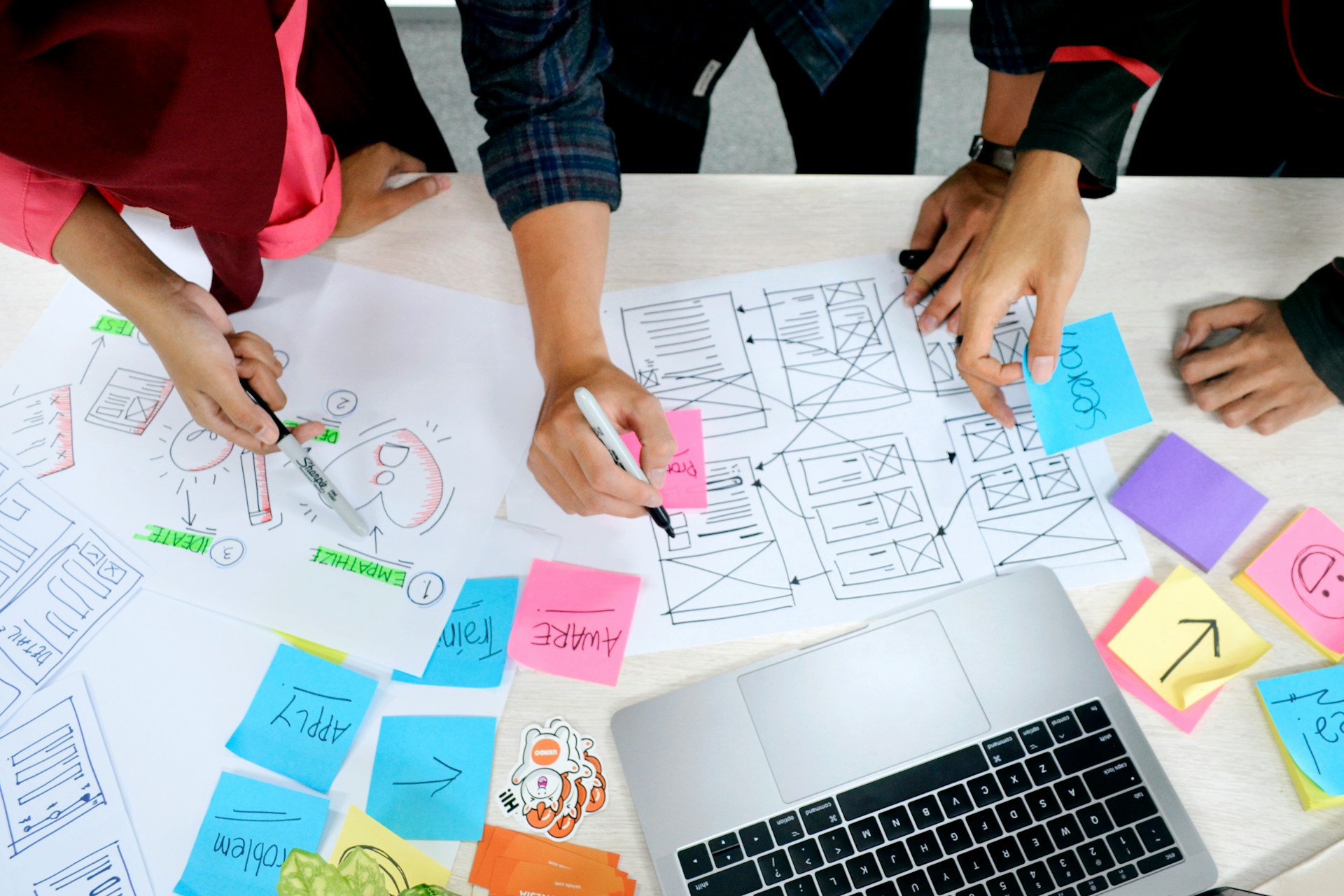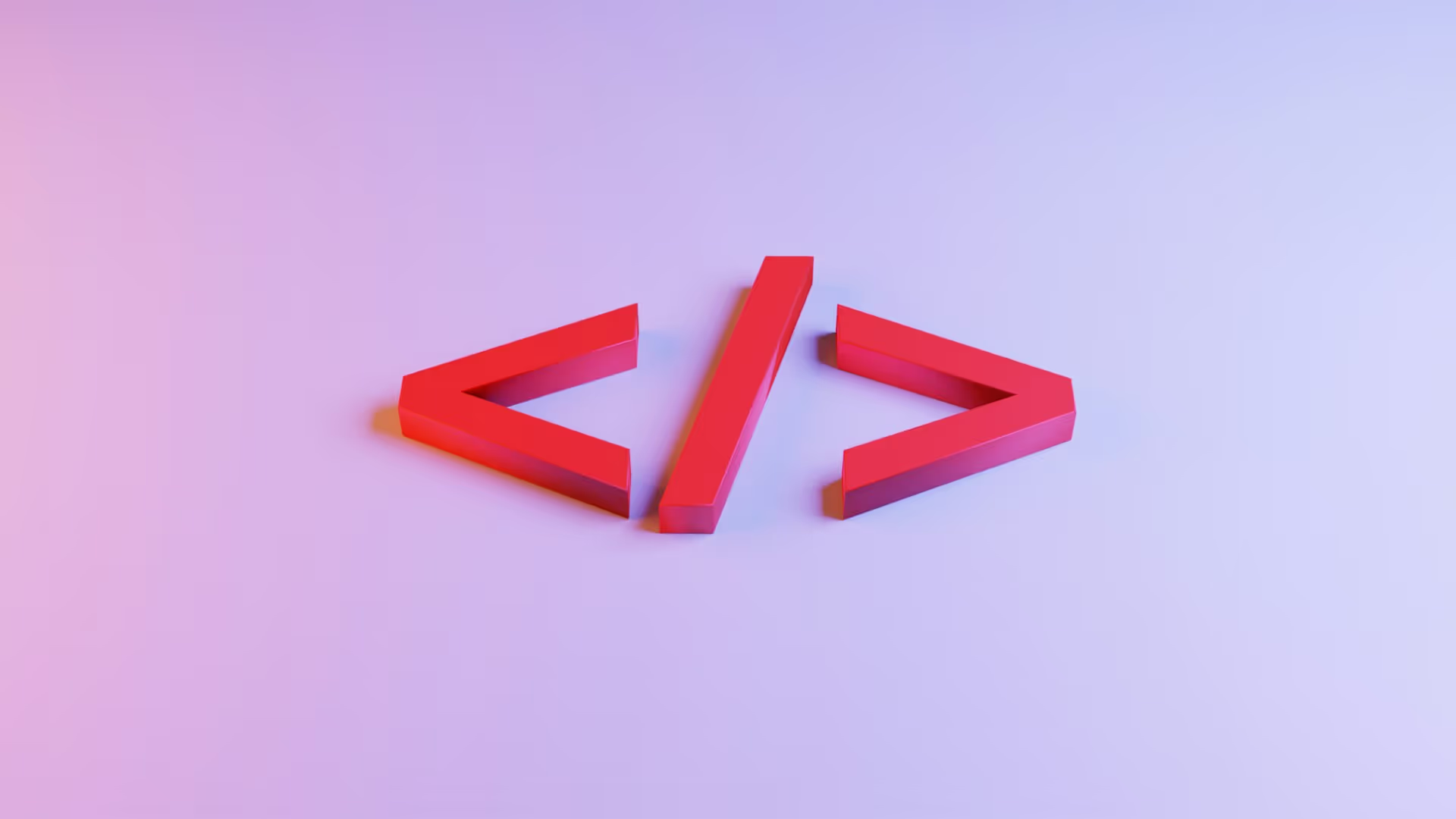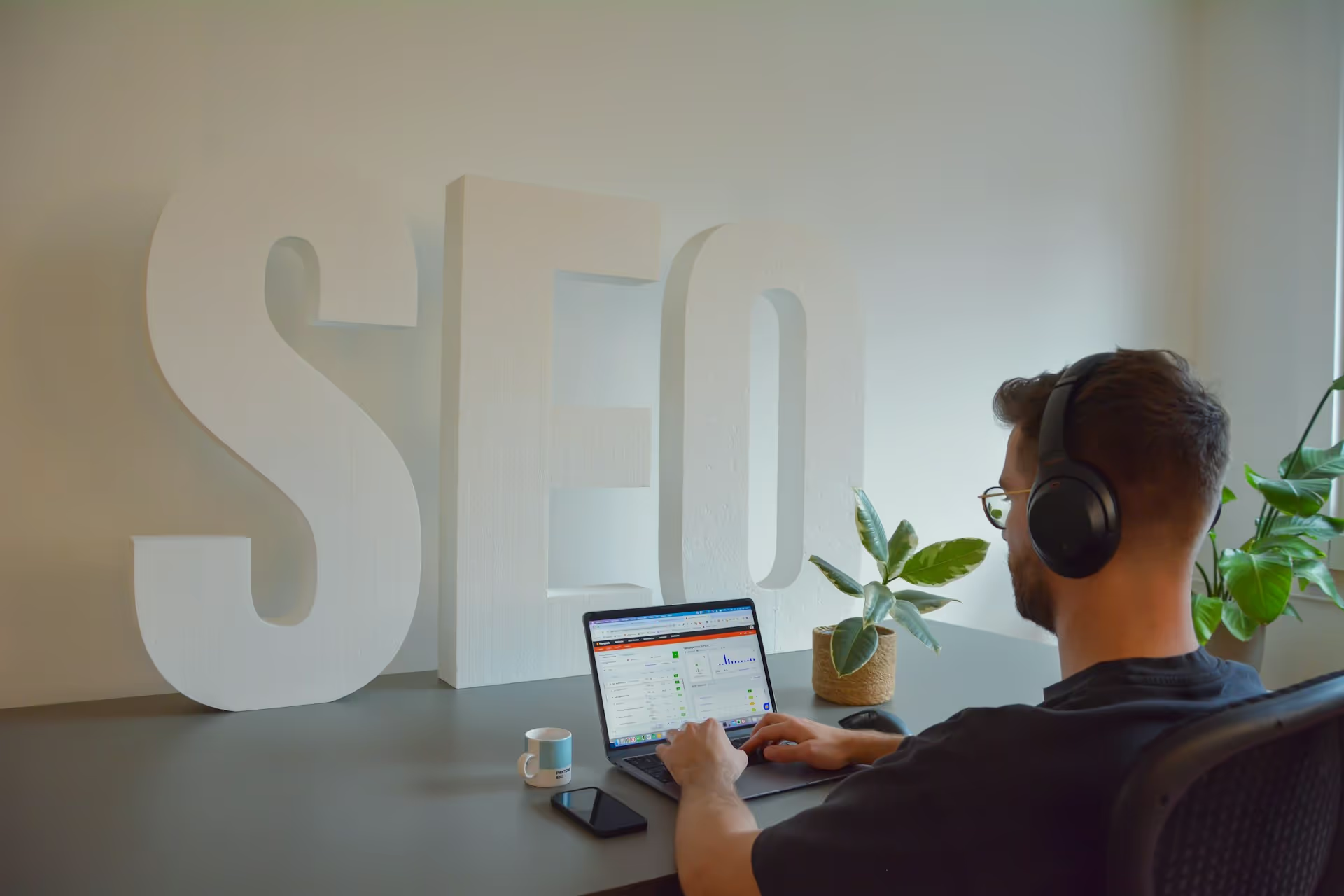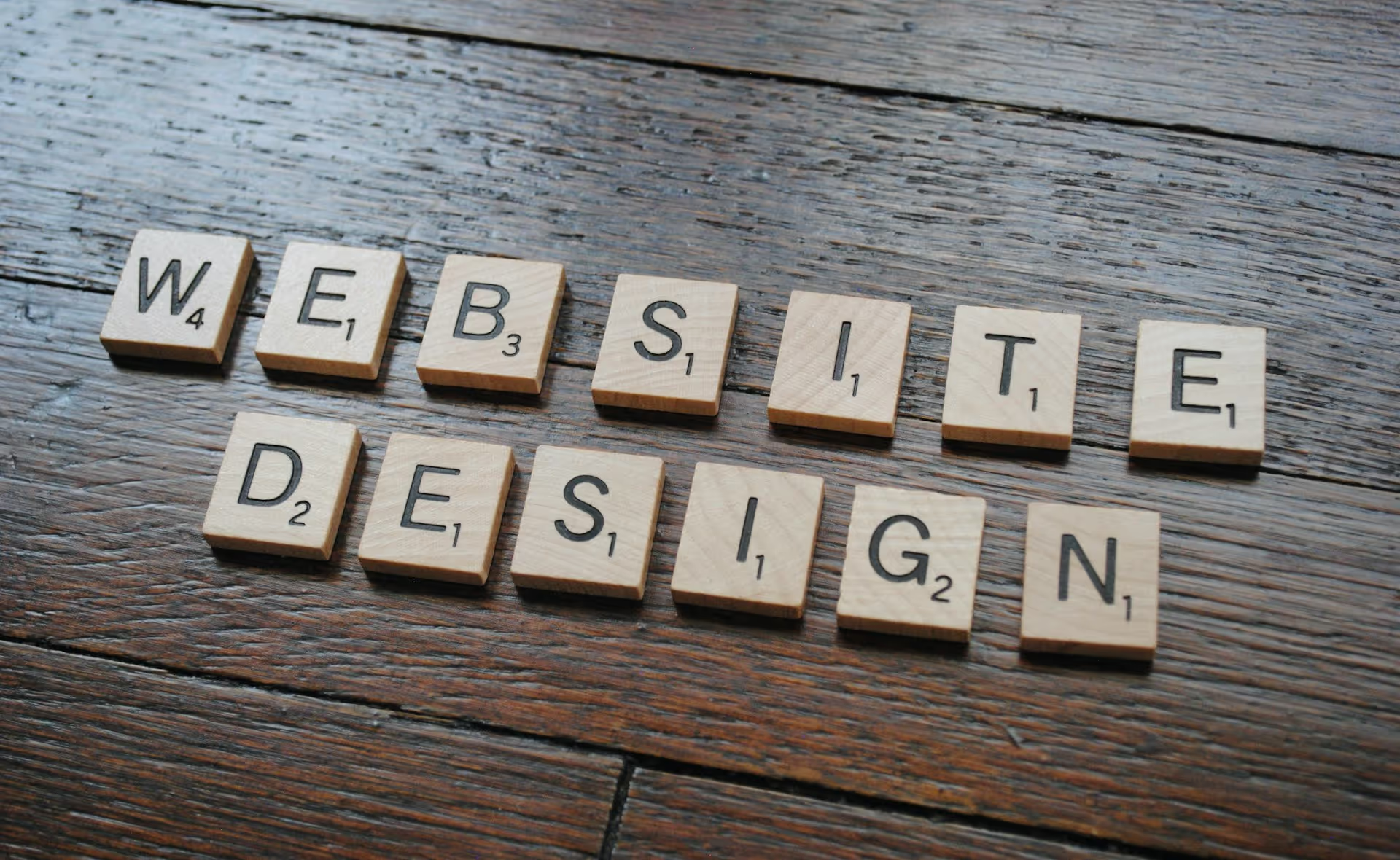
Why Boston Tech Companies Are Turning to AI Automation and Nearshore Engineering to Scale Faster in 2025
Key Takeaways:
- Boston tech companies are accelerating automation and engineering scale in 2025 faster than ever before.
- AI adoption is now a non-negotiable strategic advantage across SaaS, biotech, robotics, and healthcare.
- Rising salaries, talent shortages, and VC pressure are pushing leaders toward automation and nearshore engineering.
- Companies are using AI to reduce operational costs, increase accuracy, and shorten product development cycles.
- Nearshore engineering teams provide senior talent, lower cost, faster hiring, and strong cultural alignment.
- Boston’s winning model for 2025 combines AI + nearshore execution + local leadership.
- The shift helps companies scale output without overspending or expanding headcount.
1. Introduction:
Boston has always been a rare blend of old-world intellect and frontier-level innovation. From world-leading academic institutions like MIT and Harvard to powerhouse sectors such as biotech, fintech, robotics, climate tech, healthcare, and AI research, Boston has consistently produced the kind of high-growth companies that shape entire industries.
But something unusual is happening in 2025.
Many teams are now partnering with an AI automation agency to modernize internal systems and accelerate operational efficiency.
Across Boston’s tech landscape—Kendall Square to Fort Point to the Seaport—startups and growth-stage companies are accelerating their roadmaps at a pace traditionally seen only in Silicon Valley. Boardrooms are prioritizing automation. CTOs are restructuring engineering org charts. CEOs are reevaluating how fast they can realistically scale without burning capital. Venture investors are pushing for efficiency over headcount growth.
And in the middle of all this?
Boston’s enterprise product leaders are increasingly relying on an AI consulting firm for enterprises to redesign AI-driven product roadmaps.
Two massive shifts that are now reshaping how Boston tech scales:
AI automation becoming a non-negotiable advantage
Nearshore engineering teams becoming the preferred path to acceleration
This is not a trend. It is not optional. It is the new competitive baseline.
In this comprehensive report, we explore exactly why Boston companies are making this transition, how it supports long-term enterprise value, and how organizations are quietly using AI and nearshore engineering to deliver 3x more with the same budget.
This is your deep dive into where Boston’s innovation economy is headed—and how companies can keep pace.
2: Boston’s Tech Ecosystem Has Entered a New Scaling Phase
Boston is not experiencing “business as usual.” It's undergoing structural transformation driven by five major forces:
To manage this shift, many organisations are working with an AI digital transformation agency to accelerate AI adoption across teams.
a. AI Research in Massachusetts Is Surging—And Companies Are Integrating Fast
Boston is one of the world’s two epicenters of applied AI (the other is Silicon Valley).
Across MIT, Northeastern, Harvard, BU, and dozens of research labs, there has been an explosion in AI commercialization efforts—transforming academia-funded innovations into real-world applications.
Boston’s strengths are unique:
- Robotics + Mechanical Engineering → Automated factories, autonomous systems
- Biotech + Computational Biology → Drug discovery, genomics, predictive modeling
- Healthcare AI → Clinical decision support, hospital operations, patient engagement
- Financial Services → Risk scoring, compliance automation, algorithmic trading
- Enterprise B2B SaaS → Workflow automation, AI copilots, analytics, customer personalization
The result?
Founders, CTOs, and Chief Product Officers are no longer “considering” AI—they are rebuilding their product roadmaps around it.
b. Engineering Salaries in Boston Have Skyrocketed
Boston engineers remain among the highest-paid in the United States:
- Senior Full-Stack Engineer → $185K – $230K
- ML Engineer → $200K – $260K
- DevOps Engineer → $180K – $220K
- AI Engineer → $220K – $300K+
- UX/UI Designer → $130K – $165K
This is before equity, benefits, and overhead.
Companies simply cannot hire at the velocity—or cost-efficiency—they need to scale.
c. VC Pressure Has Shifted from “Growth at All Costs” to “Efficient, Defensible Growth”
Since late 2023, Boston investors have shifted expectations dramatically:
- Extend runway
- Reduce burn
- Ship faster
- Adopt AI immediately
- Build operating leverage
This change has forced leadership teams to rethink how to scale without doubling headcount.
d. Boston Is Dominated by Industries With Heavy Operations—Perfect Targets for AI Automation
Boston tech is not just pure software. It’s industries with massive operational complexity:
- Biotech
- Robotics
- Life sciences
- Healthcare
- Fintech
- Climate tech
- Manufacturing tech
These industries handle thousands of data points, manual workflows, compliance requirements, and cross-department tasks—aka the perfect environment for AI automation.
e. Talent Scarcity Has Become the New Barrier to Innovation
The average hiring cycle for a senior engineer in Boston:
76 days.
The average hiring cycle for a machine-learning engineer:
112 days.
Boston companies are losing time, momentum, and competitive positioning.
That’s where AI automation + nearshore engineering becomes transformative.
3: Why AI Automation Is Becoming the #1 Priority for Boston Tech Companies in 2025
AI adoption in Boston is driven by necessity—not hype.
Here are the core reasons:
Reason 1: AI Automation Reduces Operational Costs Without Reducing Output
Companies across Boston are discovering:
If AI handles 40–60% of repetitive workflows, engineering teams can focus on higher-value innovation.
Examples include:
- Automated data cleaning
- Automated reporting and dashboard generation
- Automated QA testing
- Automated documentation
- Automated customer support replies
- Automated compliance workflows
- Automated HR and recruiting workflows
- Automated analytics and forecasting
Partnering with an AI automation agency helps companies automate repetitive workflows at scale while keeping teams focused on high-value innovation.
Boston tech teams are saving, on average:
- 3,000–7,000 hours of manual work per year
- $500K–$1.2M in annual operational overhead
This is not replacing people.
It is amplifying people.
Reason 2: AI Automation Dramatically Shortens Development Cycles
Boston SaaS companies report:
AI copilots + AI development tools shorten engineering timelines by 30–50%.
This includes:
- Code generation and debugging
- Automated API documentation
- Refactoring and performance optimization
- Automated test generation
- Requirements interpretation
The result?
- Faster sprint velocity
- Faster product shipping
- Faster experimentation
- Faster iteration with customers
In a city where competition is fierce, speed = survival.
Reason 3: AI Improves Accuracy in Highly Regulated Boston Industries
Boston is home to some of the most regulated sectors:
- Healthcare
- Clinical research
- Pharmaceuticals
- Insurance
- Financial services
AI automation enhances:
- Regulatory compliance
- Audit readiness
- Data standardization
- Error reduction
- Risk scoring
This reduces legal exposure while increasing efficiency.
This is also why many regulated Boston organizations lean on an AI consulting firm for enterprises to ensure compliant, secure automation systems.
Reason 4: AI Allows Companies to Scale Without Expanding Headcount
Instead of hiring:
- 5 analysts
- 8 QA specialists
- 12 data entry staff
- 4 customer support roles
Companies are building:
- AI workflows
- AI copilots
- AI automations
- AI agents
This is how Boston companies extend runway while accelerating output.
Reason 5: AI Makes Boston Companies More Competitive in a Global Market
Boston startups compete not only locally—but globally.
AI automation provides:
- Faster delivery
- Better accuracy
- Lower cost
- Higher quality
- Better user experience
Companies that don’t integrate AI are already falling behind.
4: The Rise of Nearshore Engineering in Boston
Boston companies previously relied heavily on local or onshore engineers. That is changing rapidly.
Why?
Because nearshore teams deliver:
- Senior engineering talent
- Same time zone
- 40–60% lower cost
- Faster hiring
- Reliable English communication
- High cultural alignment
Boston leadership teams are realizing:
Nearshore engineering is not outsourcing. It is strategic capability extension.
And it solves problems unique to the Boston ecosystem:
Reason 1: Boston’s High Salaries Make Scaling Locally Cost-Prohibitive
A senior engineer in Boston can cost:
$280K–$320K fully loaded.
A senior engineer in Colombia, Brazil, Argentina, or Mexico delivers:
- Comparable skill
- 90–95% English fluency
- Same time zone collaboration
- 40–60% lower cost
Reason 2: Nearshore Teams Reduce Burn Rate Without Sacrificing Quality
Companies maintain product excellence while:
- Extending runway
- Shipping faster
- Reducing bottlenecks
This is especially critical for Series A–C Boston startups.
Reason 3: Hiring Speed Is 3–5x Faster
Instead of waiting 3 months to hire a Boston engineer, nearshore teams can onboard:
In 10–20 days.
This is a competitive advantage.
Reason 4: Nearshore Teams Bring Diverse Problem-Solving Approaches
Boston’s tech community is brilliant but concentrated. Nearshore engineers bring:
- Latin American innovation culture
- Strong mathematical foundations
- Experience with both U.S. and global SaaS products
- High versatility across stacks
This adds creativity and resilience to Boston teams.
Reason 5: Nearshore Talent + Boston Leadership Is a Winning Combo
Companies are discovering:
Boston’s strategic thinking + nearshore engineering execution = high-velocity innovation.
Boston founders and product teams stay focused on:
- Strategy
- Product
- Customer
- Go-to-market
- Partnerships
Nearshore teams execute:
- Engineering
- Scaling
- Automation
- QA
- Infrastructure
This is how Boston multiplies output without increasing operational complexity.
5: The “AI + Nearshore” Model That Boston Companies Are Adopting in 2025
Boston tech companies are combining AI automation + nearshore engineering to create a new operating model:
Step 1: Automate All Repetitive Workflows Using AI
Examples:
- Data cleaning
- Reporting
- Email triage
- Document processing
- QA testing
- Customer support
- Operational workflows
- Compliance tasks
Step 2: Assign Nearshore Engineers to Build, Maintain, and Enhance AI Systems
Nearshore teams accelerate:
- AI workflow creation
- API integration
- Frontend & backend development
- QA automation
- DevOps pipelines
- UI/UX improvements
Step 3: Boston Teams Focus on High-Value Activities
- Product innovation
- Strategy
- Sales & partnerships
- Customer development
- Thought leadership
- Enterprise relationships
This creates true operating leverage.
6: Real Examples of Boston Companies Already Using This Model
a. Healthcare AI Companies in Boston
Using AI automation for:
- Patient triage
- Documentation
- Claims processing
- Clinical research workflows
Nearshore teams maintain:
- Clinical data pipelines
- AI algorithm optimization
- Integration with EHR systems
b. Biotech & Life Sciences
Using AI for:
- Lab automation
- Data modeling
- Genomic data preparation
Nearshore teams support:
- Backend systems
- ML models
- Visualization dashboards
c. Robotics & Manufacturing Tech
Using AI for:
- Predictive maintenance
- Machine learning modeling
- Sensor data automation
Nearshore teams manage:
- Firmware
- Backend integration
- Real-time systems
d. Boston SaaS Startups
Using AI for:
- Customer support automation
- Sales intelligence
- Product analytics
- Workflow automation
Nearshore teams accelerate product development by 2–3x.
7: Why 2025 Is “Now or Never” for Boston Companies
The shift is not gradual. It is immediate.
Companies that integrate AI automation and nearshore engineering gain:
- Greater efficiency
- Lower burn
- Faster innovation
- Stronger competitive edge
- More scalable business models
- Better investor confidence
Companies that don’t adopt this model face:
- Slower delivery
- Higher costs
- Reduced runway
- Loss of customers to AI-powered competitors
This is the moment to evolve.
8: How Boston Tech Leaders Should Approach This Transformation
Here is a practical roadmap:
a. Identify all manual workflows that consume 20+ hours a month
These can be automated.
b. Build small AI automations first
Start with:
- QA
- Reporting
- Email triage
- Data cleaning
- Repetitive tasks
Prove the value.
c. Expand into AI copilots and workflow automation
Build systems that:
- Predict
- Recommend
- Summarize
- Alert
- Adapt
d. Layer nearshore engineering for velocity
Use nearshore teams to:
- Build features
- Maintain AI systems
- Support scaling
- Manage integrations
e. Reinvest the saved time into product innovation
This is how you win the market.
9: The Strategic Advantage for Boston Companies in 2025
Boston’s secret weapon is not just AI.
It is the combination of:
AI Automation + Nearshore Engineering + Boston Leadership
This model creates:
- A faster company
- A more scalable company
- A more efficient company
- A more resilient company
- A more profitable company
Boston is entering a new phase of modernization—and companies that adopt this model today will dominate their category tomorrow.
10. Conclusion
Companies collaborating with an AI automation agency or an AI digital transformation agency are seeing significantly faster scale and reduced operational drag.
The future of Boston’s tech economy is clear:
- AI will automate the repetitive.
- Nearshore engineers will accelerate the build.
- Boston teams will lead strategy and innovation.
This is the model that Boston companies are using to ship faster, reduce operational drag, and scale smarter in 2025.
Companies that embrace this shift now will outperform those who wait.
This is Boston’s moment—and with the right combination of AI automation and nearshore talent, companies can scale better, faster, and smarter than ever before.
Frequently Asked Questions
1. Why are Boston tech companies adopting AI automation so aggressively in 2025?
Because operational complexity is extremely high in industries like biotech, robotics, life sciences, and healthcare. AI automation removes repetitive work, improves accuracy, and accelerates product development — allowing teams to scale without increasing headcount.
2. What role does an AI automation agency play for Boston companies?
An AI automation agency helps Boston teams identify bottlenecks, implement workflow automation, build AI copilots or agents, and streamline engineering processes. This lets companies focus more on innovation and less on manual operations.
3. How do nearshore engineering teams help Boston startups scale?
Nearshore engineers offer senior-level talent in the same time zone, at 40–60% lower cost, and with faster hiring cycles. They help Boston companies ship features, maintain AI systems, and reduce engineering backlog without compromising quality.
4. When should a company hire an AI consulting firm for enterprises?
When an organization wants to integrate AI into core systems, modernize operations, automate workflows, or adopt AI copilots across departments. Enterprise AI consulting ensures compliance, scalability, and long-term architectural stability.
5. Can AI automation reduce operational costs for regulated sectors like healthcare or finance?
Yes. AI improves documentation accuracy, reduces compliance errors, streamlines audit workflows, and automates reporting. Boston’s regulated industries are seeing major cost savings by replacing manual processes with intelligent automation.



.avif)

